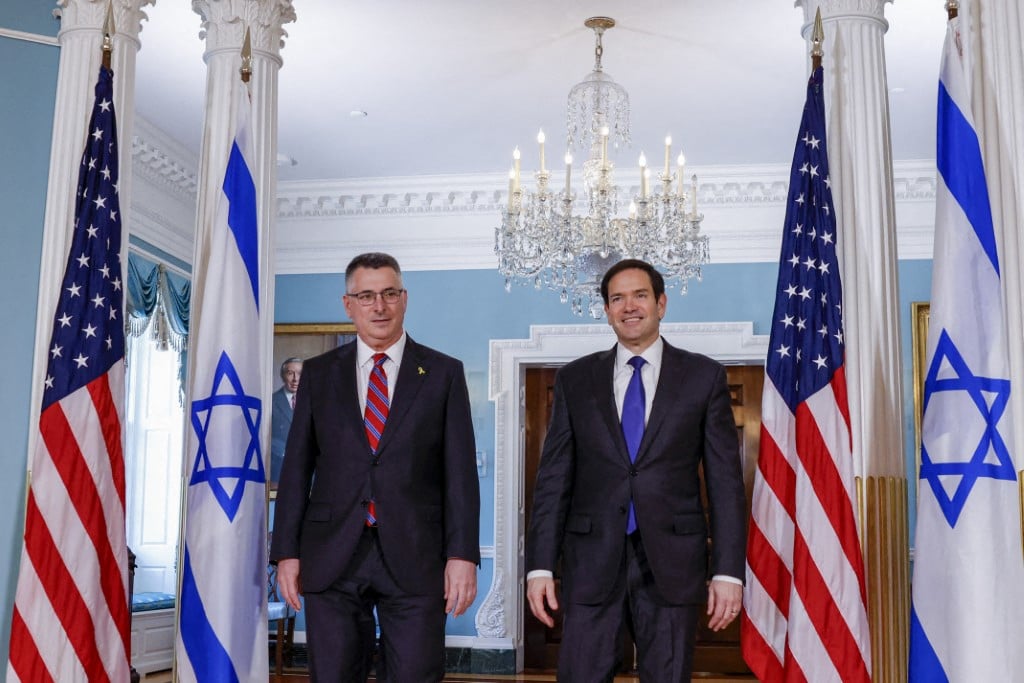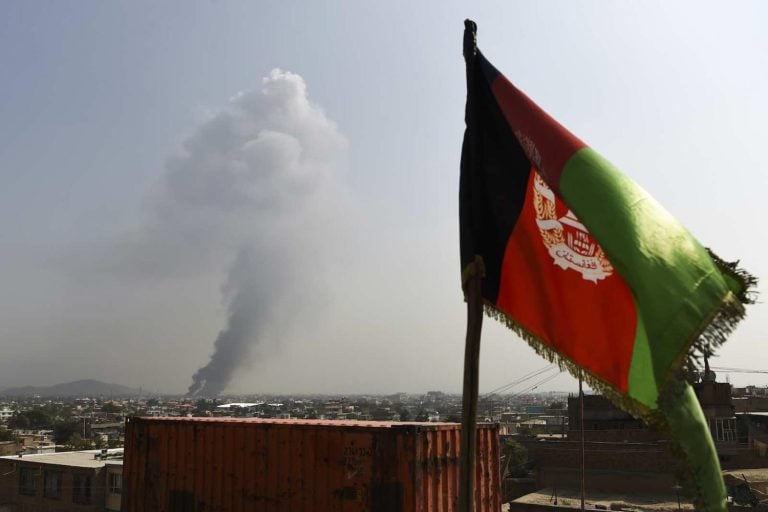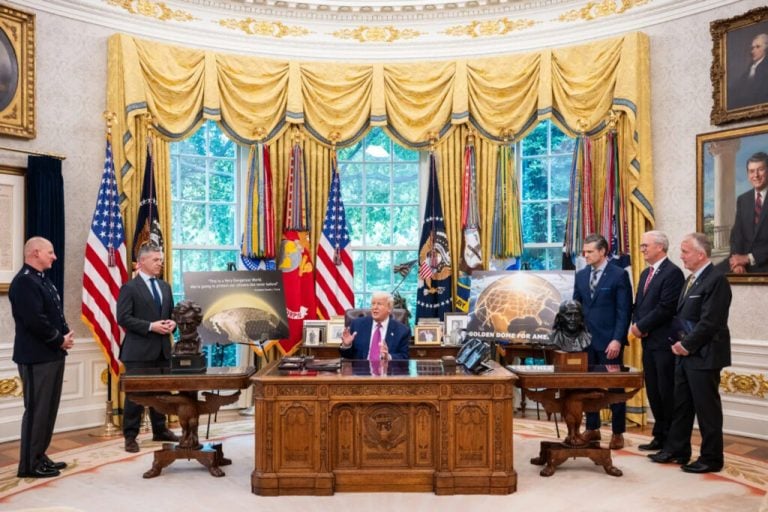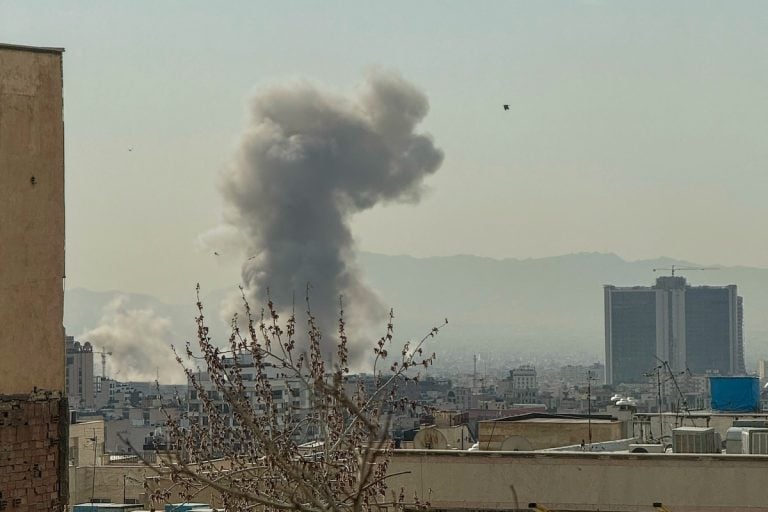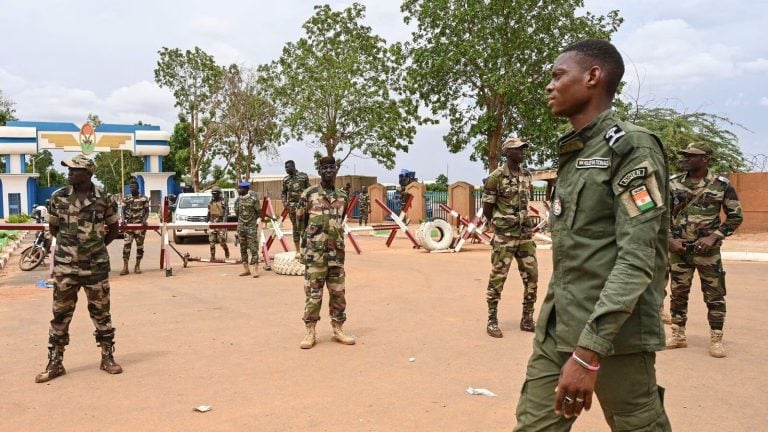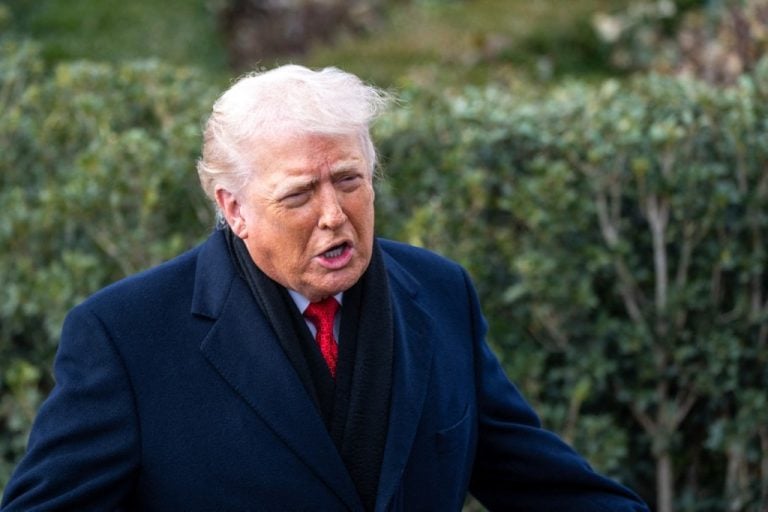Israel intensified its military offensive in Gaza City on Tuesday, with reports of relentless bombing leading to significant destruction and civilian suffering. Witnesses reported that many homes were destroyed, trapping residents beneath the rubble. One resident, Ahmed Ghazal, expressed the harrowing scenes unfolding in the city, stating, “We can hear their screams.”
This escalation follows a visit by US Secretary of State Marco Rubio to Jerusalem, where he reaffirmed unwavering US support for Israeli Prime Minister Benjamin Netanyahu’s campaign against Hamas. Rubio’s visit took place despite earlier criticism from former President Donald Trump regarding ongoing Israeli strikes on Hamas leaders in Qatar—an ally in the region.
While in Jerusalem, Rubio dismissed potential ceasefires brokered in Qatar, characterizing Hamas as “barbaric animals” in light of their significant attack on Israel on October 7, which triggered the current hostilities. On his trip, Rubio also sought to reassure Qatar, home to a vital US air base, following tensions arising from Trump’s comments.
In Gaza City, the situation remains dire, with Mahmud Bassal, a spokesman for Gaza’s civil defense agency, reporting ongoing bombardments and rising casualties. Previous strikes on Monday had already resulted in the deaths of 49 individuals, as the military campaign expanded to include Khan Yunis.
International reactions are shaping the geopolitical landscape, especially as France prepares to lead a UN summit aimed at recognizing Palestinian statehood. Rubio characterized such efforts as largely symbolic and reiterated Israel’s right to take unilateral actions in response. The ongoing conflict has heightened tensions, with far-right members of Netanyahu’s cabinet pushing for the annexation of the occupied West Bank, provoking protests from the United Arab Emirates.
Standing with Netanyahu, Rubio stated, “The people of Gaza deserve a better future,” while emphasizing that such a future cannot begin until Hamas is defeated. The context of their dialogue underscores a significant humanitarian crisis, with combined death tolls in Gaza now exceeding 64,900 since the conflict escalated, predominantly among civilians.
Rubio also privately met with families of hostages, with 251 individuals reported taken by militants in October, and 25 of those believed dead according to Israeli military sources. His activities included an inauguration of a tunnel for religious tourists in the Silwan neighborhood, viewed by local spokesperson Fakhri Abu Diab as an engagement in erasing Palestinian history rather than addressing the real issues of home demolitions and displacement.
Rubio began his visit in the Old City of Israeli-annexed East Jerusalem, where he joined Netanyahu at the Western Wall, asserting Jerusalem as the “eternal capital” of Israel. This stance marks a departure from previous diplomatic norms regarding this contentious city, which holds religious significance for Muslims and Christians as well.
